The plan, prepared by the “Solution Development Team for Improving the Functioning of the Steel Industry”, led by the Polish Minister of Industry Marzena Czarnecka, sets out the priority areas and proposed solutions that require rapid intervention in the sector.
The steel industry in Poland, and Europe in general, is undergoing a critical transformation to reduce carbon emissions and comply with the European Union's climate targets. The transformation of the Polish steel industry has become inevitable due to both environmental imperatives and increasing global competition.
With EU membership, Poland's iron and steel industry has gained one of the most modern production infrastructures in the world thanks to significant investments. However, despite modernization, Poland's share of world steel production continues to decline. The increase in emission permits and energy costs over the last decade, insufficient domestic demand and cheap subsidized imports are among the main challenges facing the industry.
In this context, the “Solution Development Team for Improving the Functioning of the Steel Industry”, led by the Polish Minister of Industry Marzena Czarnecka, has prepared a comprehensive Action Plan that identifies priority intervention areas for the sustainable development of the sector. The plan is based on a holistic approach that includes both environmental and economic objectives.
Reform in public purchases and restrictions on imports
As a first step, the plan envisages reforming public purchases. In this framework, it is aimed to prevent the import of subsidized steel originating from third countries and exempt from environmental obligations. The decision of the Court of Justice of the European Union on October 22, 2024 supports this policy; according to the decision, limitations based on reciprocity and equality can be applied to the participation of third countries in EU public procurement.
Price cap and network fee reduction for energy costs
In order to reduce the pressure of energy costs on industry, a ceiling price of EUR 60/MWh is envisaged for energy-intensive sectors. This will be supported by a unilateral system of differential contracts (kontrakt różnicowy), where producers will be compensated by the state for the difference when the market price rises above this level. At the same time, it is planned to introduce gradual reductions in distribution and transmission charges to energy-intensive sectors, taking into account the European Commission's new tariffing methodology for network charges.
Investment in R&D and low carbon technologies
In the process of decarbonizing the steel sector, special attention will be paid to R&D and advanced technology investments. The development of low-carbon production technologies, pilot applications and research programs to be carried out in close cooperation with the industry will be included in the scope of support. It is also aimed to increase the rate of renewable energy use in industry by at least 1.6% annually between 2026 and 2030.
Facilitation in scrap imports and waste management regulations
In order to facilitate access to raw materials, scrap imports are planned to be excluded from the current SENT system. This will simplify the import process, reduce costs and facilitate domestic production's access to raw materials. Furthermore, the validity of decisions on waste management will be extended until the end of 2027, while defining the test capacities of waste-based production facilities will also be part of the process.
Compensation system and pre-financing for energy-intensive sectors
The existing support system to compensate for the increasing energy costs due to the European Union's climate policies will also be reviewed. The payment processes of the indirect cost compensation system for energy-intensive sectors will be accelerated and advance payments will be put into effect. In particular, integrated steel plants are expected to benefit from these supports with priority.
Strengthening international trade defense measures
The modernization of the EU's trade defense mechanisms also forms the foreign trade pillar of the plan. In this context, it is proposed to compare dumping and injury margins more effectively, simplify product and country groupings, and establish systems that include production location tracking to prevent circumvention of measures through small-scale production.
Aiming for a sustainable steel agreement with the US
Poland is also actively participating in the negotiations on the Global Agreement for sustainable steel and aluminum (GASSA) between the European Union and the United States, supporting efforts to eliminate US tariffs on EU steel. This step aims to increase transatlantic trade cooperation and equalize carbon-based competition.
New definition: “Sustainable steel”
Poland is also calling for a clear definition of “sustainable steel” at the European level. This definition is proposed to be shaped according to environmental standards in production, carbon emissions, traceability and raw material source. This would emphasize steel products that are in line with the EU's green transformation goals.
This comprehensive plan announced by the Polish government is considered as an important step towards restructuring not only domestic steel producers but also the European steel industry on the axis of sustainability.


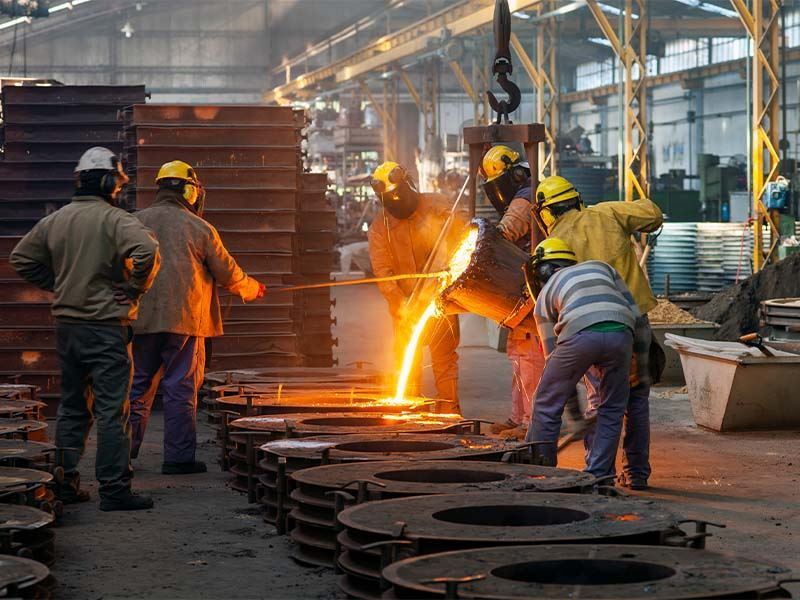
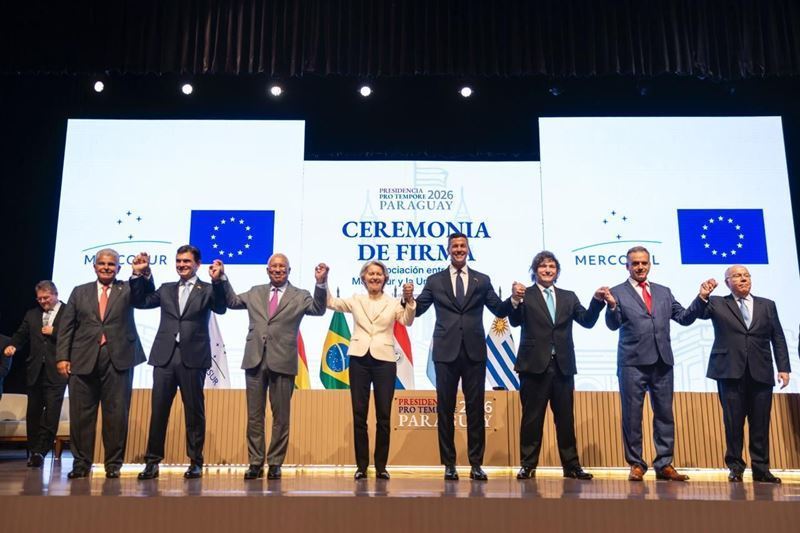
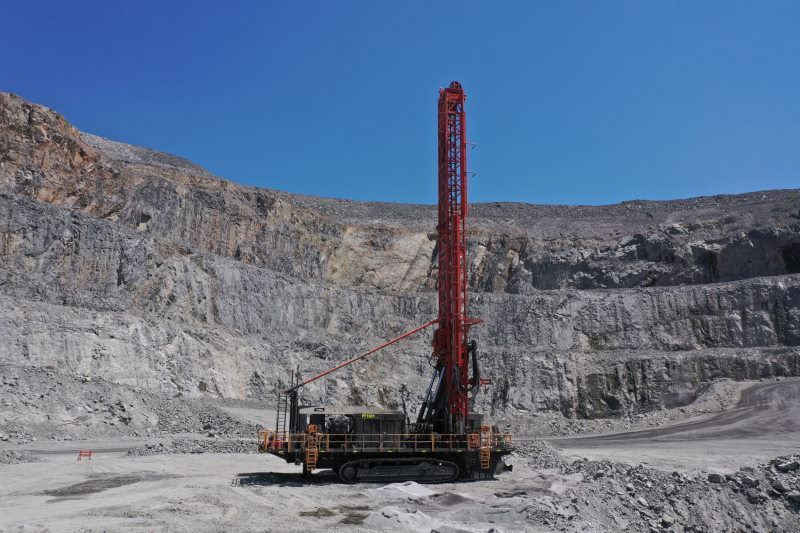
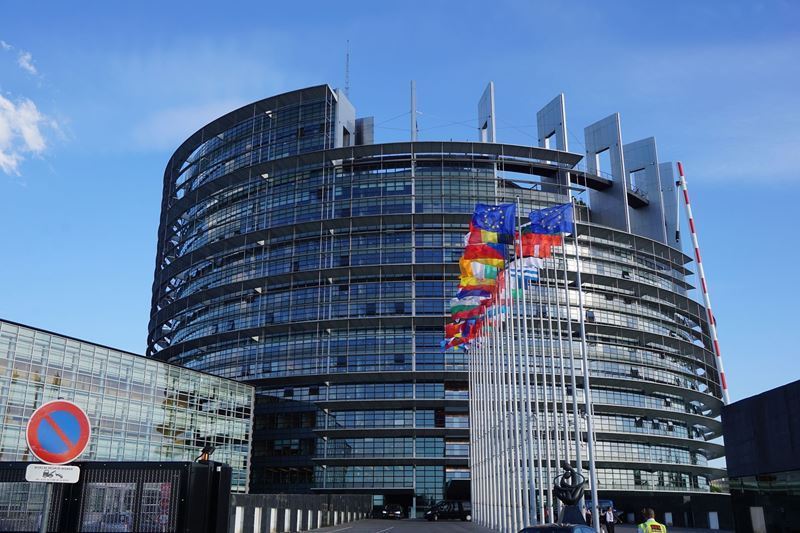
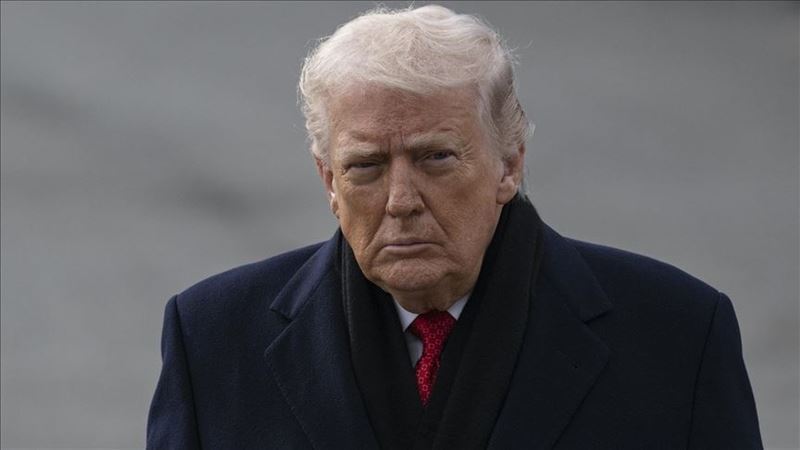
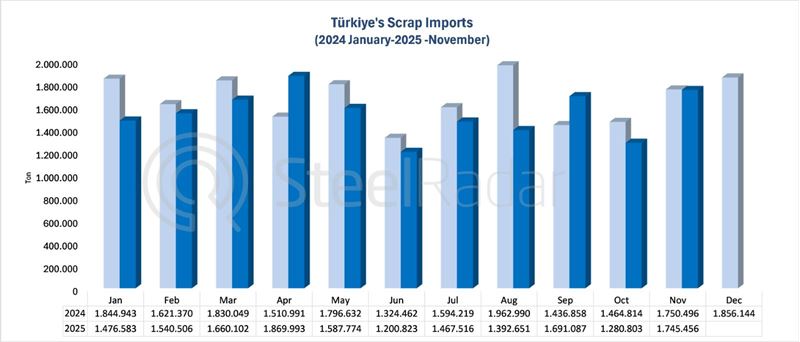


Comments
No comment yet.